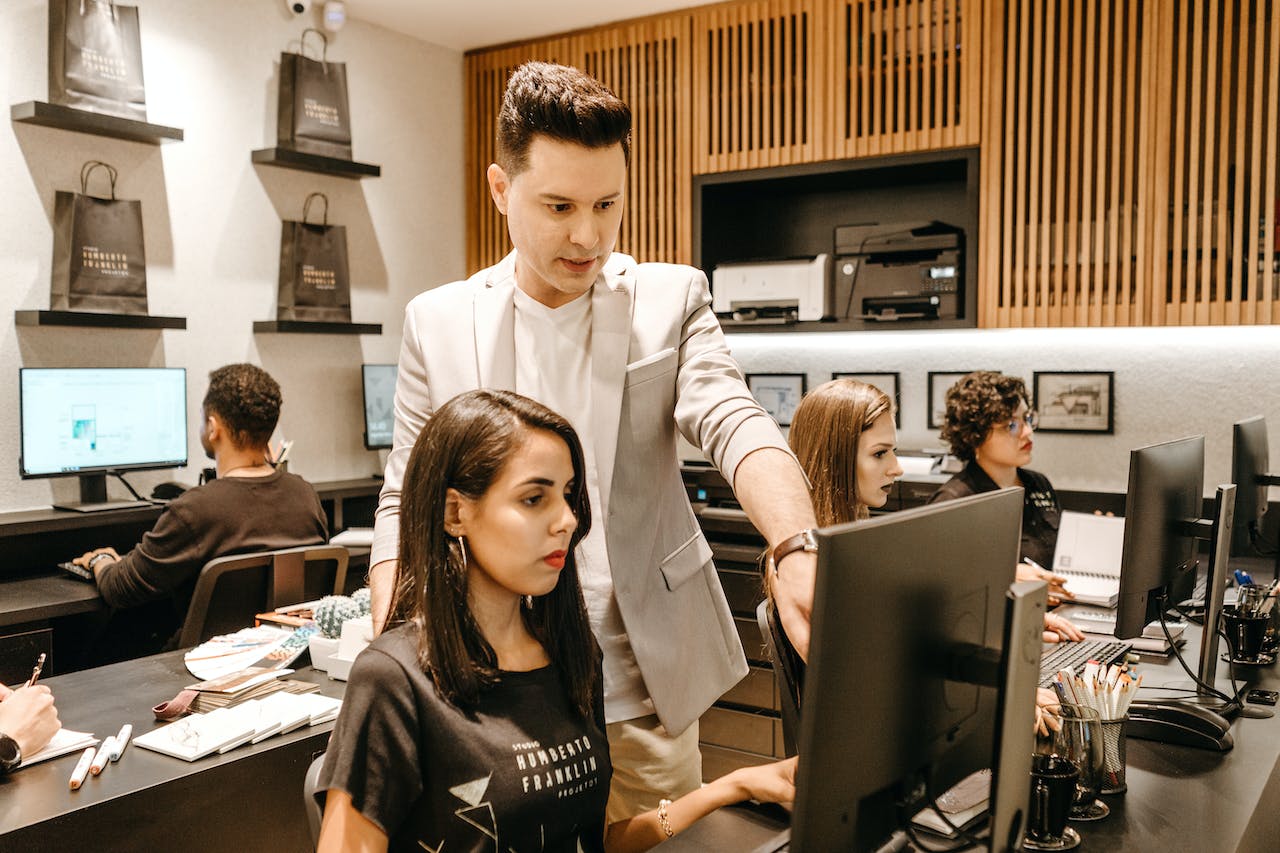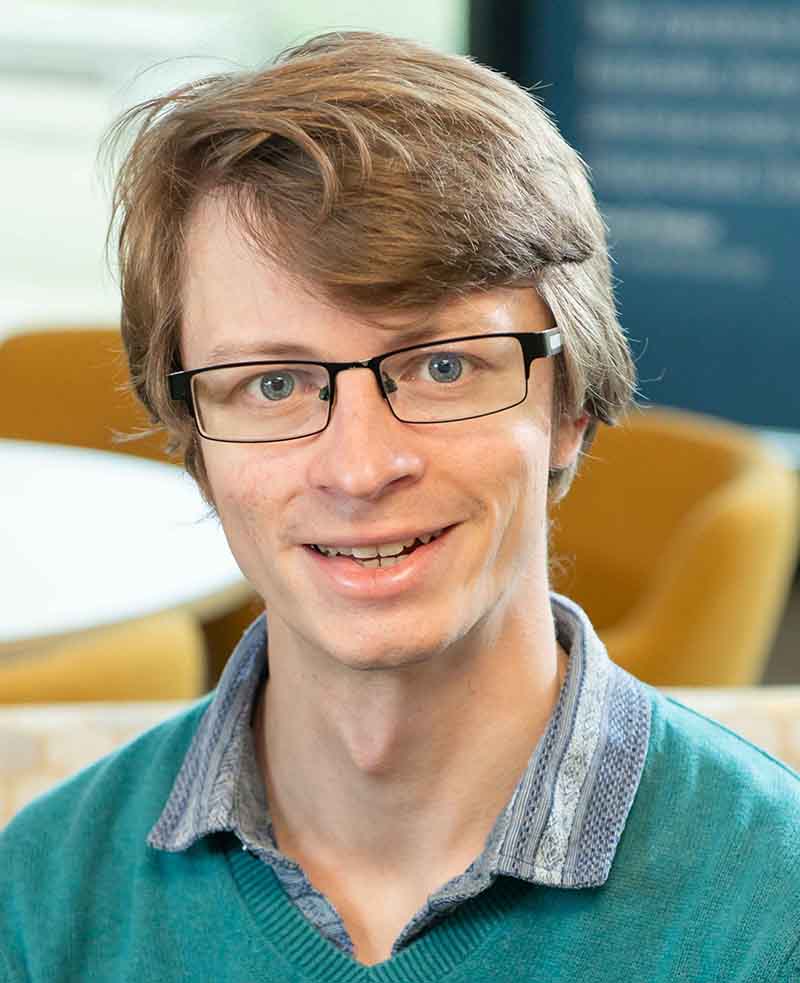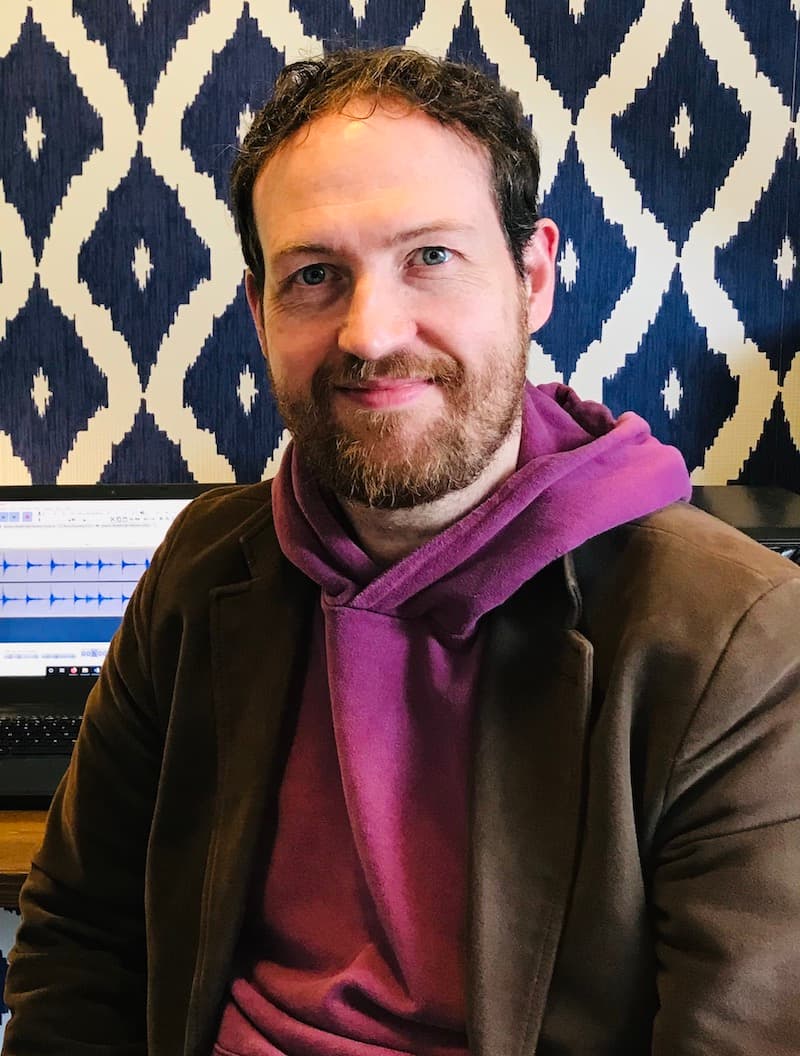
Software for behavioural research online and in the lab: Introduction to PsychoPy
This workshop has been organised by the Education, Childhood and Youth (ECY) Pathway and is open to all ESRC and non-ESRC funded PhD and MA Social Research students within the WRDTP’s seven partner universities.
PsychoPy is a versatile, free software package allowing researchers in the behavioural sciences to create and run experiments both online and in the lab. This includes the capability to run online questionnaires. This is especially suited for cases where greater control over questionnaire design or data collected is required relative to typical free survey software.
This one-day course is divided into two interactive parts and will include lunch. Part 1 will introduce students to the basics of PsychoPy, covering stimulus and experimental design, recording of responses, and running experiments and questionnaires in person and online. Part 2 will be a practical workshop in which students can build an experiment for use in their doctoral research, or bring along an existing experiment for troubleshooting.
Students are recommended to bring a laptop with PsychoPy already downloaded (download for free at: https://www.psychopy.org/download.html) for use during the interactive sessions. Desktop machines with PsychoPy will also be available for use on the day.
By the end of the session, students will be able to:
- Understand the software basics of stimulus generation and experimental design
- Build a simple experiment using the Psychopy GUI for in-lab and online testing
- Understand the key issues faced when running experiments and questionnaires online.

Dr Richard O'Connor
Lecturer in PsychologyDr Richard O'Connor is a cognitive developmental psychologist with research interests in cognition from infancy through to adulthood.
Particular areas of interest include theory of mind, representation of objects and actions, and word learning.

Dr Paul Skarratt
Lecturer in Cognitive PsychologyDr Skarratt joined the department in 2007, having previously held postdoctoral research positions in Durham and Hull. His principal research interests concern aspects of human and non-human vision, focusing on the processes underlying selective attention and visual search. He is also interested in how these processes operate during joint action between two or more people.
This training session will be delivered face-to-face at the University of Hull. This event will not be recorded.







